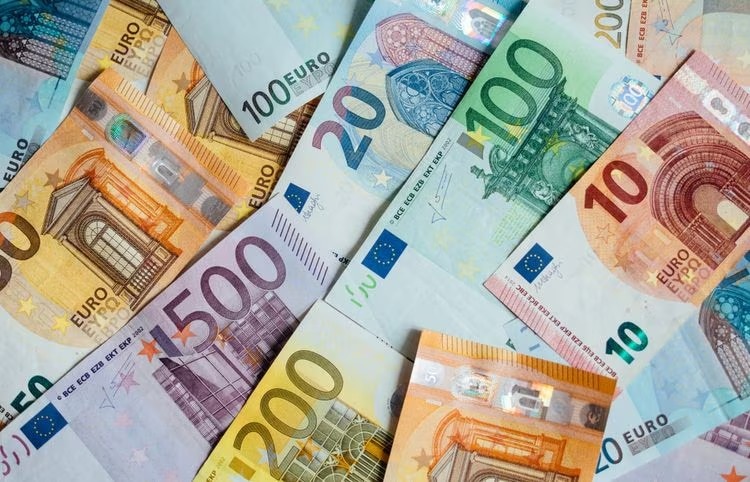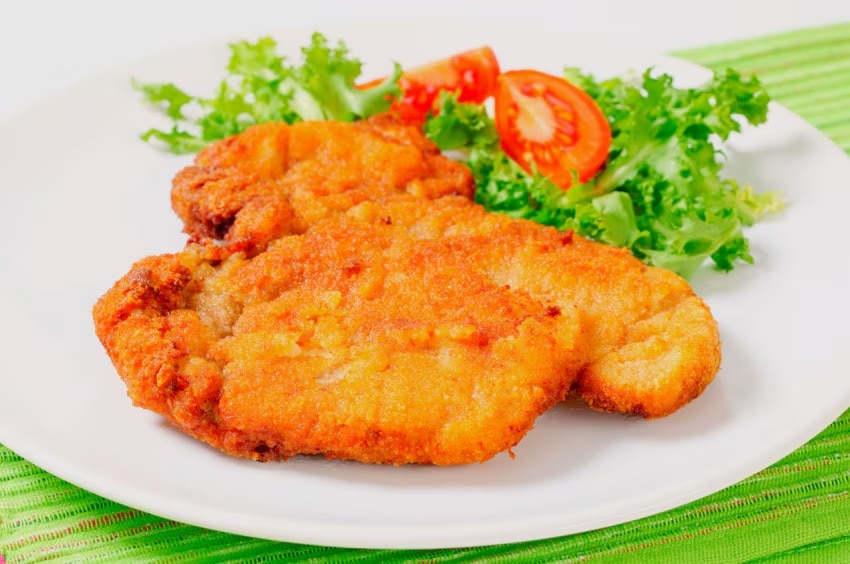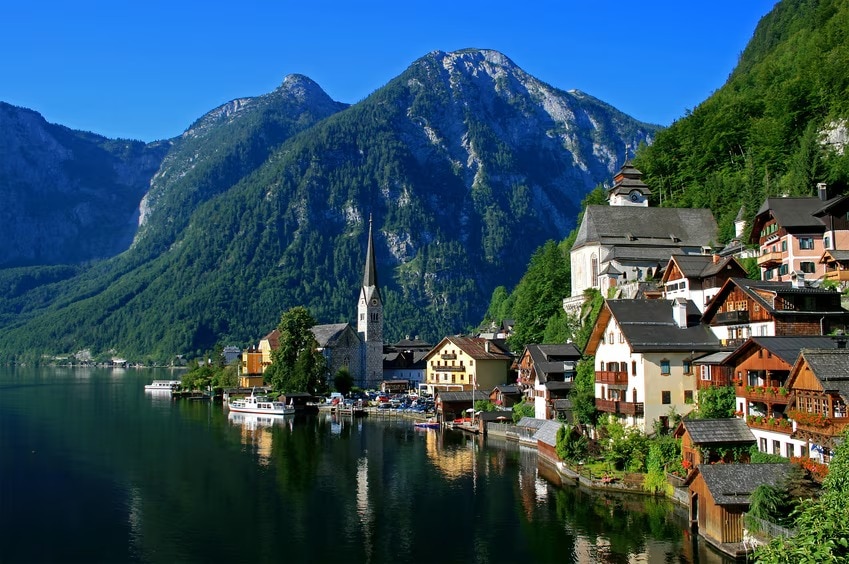Austria Travel Tips and Information
Official Name
Republic of Austria
Capital
Vienna
Population
Country Code
Approximately 8.4 million
AT
Country Code (international calls)
+43
The flight time to Austria is approximately 11~12 hours. Check the climate, currency, religion, manners, other information of Austria below. Wishing you pleasant travels to Austria.
Austria is located in the interior of Central Europe, surrounded by eight countries including Hungary, Slovakia, and Italy.
Local Climate / Weather
Austria experiences a temperate continental climate, with warm summers and cold winters. The country’s geographical diversity, including mountains and valleys, results in varying weather patterns across regions. ・Spring (March to May): Temperatures range from 5°C to 20°C (41°F to 68°F). This season is known for blossoming flowers and mild weather, making it ideal for outdoor activities. ・Summer (June to August): Expect warm temperatures between 20°C and 30°C (68°F to 86°F). This is peak tourist season, perfect for exploring cities and enjoying outdoor festivals. ・Autumn (September to November): Temperatures cool to 5°C to 20°C (41°F to 68°F). The vibrant fall foliage and harvest festivals make this a picturesque time to visit. ・Winter (December to February): Cold temperatures range from -5°C to 5°C (23°F to 41°F), especially in mountainous areas. Winter sports enthusiasts flock to Austria for skiing and snowboarding.
Currency & Tipping
Currency
Austria uses the Euro (€) as its official currency. The Euro is widely accepted across the Eurozone, making it convenient for travelers. Here are some essential tips for managing currency during your visit: ・Currency Exchange: You can exchange for Euros at banks, exchange bureaus, and airports. It’s advisable to compare rates and fees to get the best deal. ・ATMs: ATMs are widely available in cities and towns throughout Austria. You can withdraw Euros using your debit or credit card, but be mindful of any international withdrawal fees charged by your bank. ・Credit and Debit Cards: Credit and debit cards are accepted in most establishments, including hotels, restaurants, and shops. However, it’s a good idea to carry some cash for smaller vendors and tips.
Tipping
Tipping in Austria is customary, but it is not obligatory. Here are some guidelines to help you navigate tipping etiquette: ・Restaurants: In restaurants, it is common to round up the bill or leave a tip of around 10% to 15% of the total amount. You can add the tip when paying by card or leave it in cash on the table. ・Cafés and Bars: For café visits, leaving small change or rounding up the bill is appreciated. In bars, a tip of about 1 to 2 euros is standard for drinks. ・Taxis: For taxi rides, it is customary to round up the fare or give a tip of about 10%. ・Hotel Staff: You may consider tipping hotel staff, such as bellhops and housekeeping, about 1 to 2 euros for their services.
Useful Travel Information

Voltage & Electrical Outlets
Austria operates on a 230V voltage with a frequency of 50Hz. The power plugs used are of type C and F, which have two round pins. If your devices use a different voltage or plug type, be sure to bring a universal adapter and possibly a voltage converter to avoid any compatibility issues.

Internet Connectivity
Austria boasts a well-developed internet infrastructure, with free Wi-Fi available in many public areas, including cafes, restaurants, and airports. Mobile data services are also widely accessible. If you plan to stay connected while exploring, consider purchasing a local SIM card or an international roaming plan from your provider to ensure seamless internet access throughout your trip.
Water for Consumption (Drinking Water)
In Austria, tap water is safe to drink and often of excellent quality. The country is renowned for its clean and fresh water sources. Feel free to refill your water bottle at taps and fountains throughout cities like Vienna and Salzburg. However, if you prefer bottled water, it is readily available in supermarkets and convenience stores.
Culture, Religion & Social Etiquette
Culture
Austria is steeped in rich culture and traditions, reflecting its diverse history and influences. The country celebrates numerous festivals, such as the Vienna Ball Season and Advent Christmas Markets, showcasing traditional music, dance, and cuisine.
Religion
Austria predominantly practices Roman Catholicism, which plays a significant role in its cultural festivals and public holidays.
Social Etiquette
Austrians value politeness and formality; greetings are typically done with a handshake, and addressing people using their titles (Herr or Frau) followed by their last names is customary. Understanding these cultural nuances will enhance your travel experience and help you connect with the warm and welcoming locals during your visit to Austria.
Food Culture
Austria's food culture is a delightful journey through rich flavors and hearty dishes, making it an exciting destination for travelers. Traditional Austrian cuisine is known for its comfort food, featuring iconic dishes like Wiener Schnitzel, Tafelspitz, and delectable Sachertorte for dessert. As you wander through bustling cities like Vienna and Salzburg, be sure to explore the vibrant street food scene, where you can enjoy quick bites like Leberkäse and Käsekrainer sausage. For an authentic dining experience, consider visiting recommended local restaurants such as Plachutta for traditional Viennese cuisine and Gasthaus Pöschl for a cozy atmosphere and delicious meals. Embrace the culinary delights of Austria and indulge in the unique flavors that this beautiful country has to offer.
Major Tourist Attractions & UNESCO World Heritage Sites
Major Tourist Attractions
Vienna, the capital city, offers countless attractions, including Schönbrunn Palace, the Beethoven Museum, the bustling Kärntnerring district, the Hundertwasser House, the Secession Building (Art Nouveau), St. Michael's Gate, Hohensalzburg Fortress, and the St. Marx Cemetery. Outside of Vienna, the birthplace of Mozart, Salzburg, is a must-visit destination. Innsbruck serves as a hub for Alpine tourism, while Hallstatt, located in the Salzkammergut region, is another popular and picturesque destination.
UNESCO World Heritage Sites
Austria boasts 8 World Heritage Sites, including the Cultural Landscape of Hallstatt-Dachstein-Salzkammergut, the Historic Center of Vienna, the Historic Center of Graz and Eggenberg Castle, the Semmering Railway, the Cultural Landscape of the Wachau Valley, Schönbrunn Palace and its Garden Complex, the Cultural Landscape of Lake Neusiedl and Fertő Lake, and the Historic Center of Salzburg.
Travel FAQs
Is English spoken in Austria?
The official language of Austria is German. English is commonly understood in tourist areas.
What are the main modes of transportation in Austria?
The Austrian Federal Railways covers major national lines, making it easy to travel by train. Additionally, there are many international airports in various cities.
What is the best season to visit Austria?
The best season depends on your purpose. If you want to enjoy the Alps' natural beauty, May to June is ideal; if you want to avoid rain, September is best.
What are the major cities in Austria?
The capital, Vienna, is popular as the city of music. Graz has numerous art galleries and museums, while Salzburg boasts a rich history, making all these cities worth visiting.
What is the safety situation in Austria like? What should I be careful of?
Austria is generally considered a safe country with low crime rates; however, travelers should remain vigilant against pickpocketing in crowded tourist areas and ensure their belongings are secure at all times. It's also advisable to follow local laws and customs to avoid any misunderstandings.




